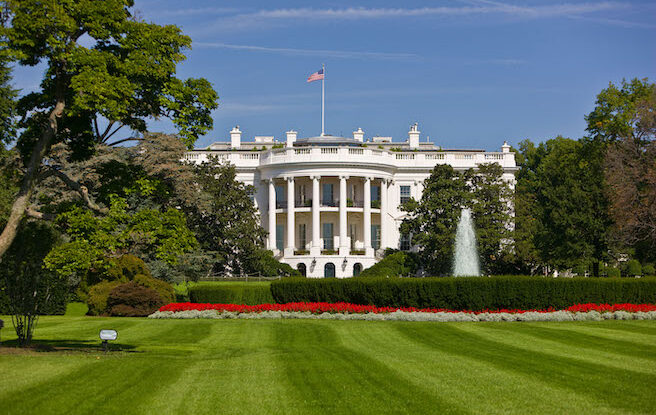
President Joe Biden has announced that Harry Coker, former executive director of the National Security Agency (NSA), would be his intended nominee for the position of US national cyber director.
The position has been vacant since February, when Chris Inglis, who served as the country’s first ever national cyber director and was former deputy director of the NSA, stepped down from the role.
Coker will have plenty to do: Earlier this year, the Biden administration announced a national cybersecurity strategy that was the first of its kind; there were 57 pages with over 65 initiatives that federal agencies would incorporate over the next few years within the cyberspace. These plans include enforcing liability for software products and strengthening infrastructure against cyber threats. If confirmed by the Senate, Coker would be the one to begin implementing these initiatives and ensuring that stakeholders are actively partaking in protecting organizations against cyber threats.
Coker served the United States in the Navy and held multiple positions in the CIA before moving to the NSA in 2017. In 2020 he went to work for the national security staff of President Biden’s transition team.
In a press release put out by co-chairs of the Cyberspace Solarium Commission (CSC) — Rep. Mike Gallagher (R-WI) and Sen. Angus King (I-ME) — they stated, “We are relieved to hear that the Biden administration has finally nominated the permanent replacement for the National Cyber Director, and strongly support the decision to select Harry Coker, as we see him as being a natural choice for this position. Coker’s long and distinguished career in government has led him to posts in the National Security Agency, Central Intelligence Agency and the US Navy. We firmly believe that this experience — and the expertise and skill set it imbued him with — makes him highly qualified for the position of National Cyber Director.”
The news of Coker’s nomination comes after it was reported that Kemba Walden would not receive the nomination, though she had strong cyber and political support.